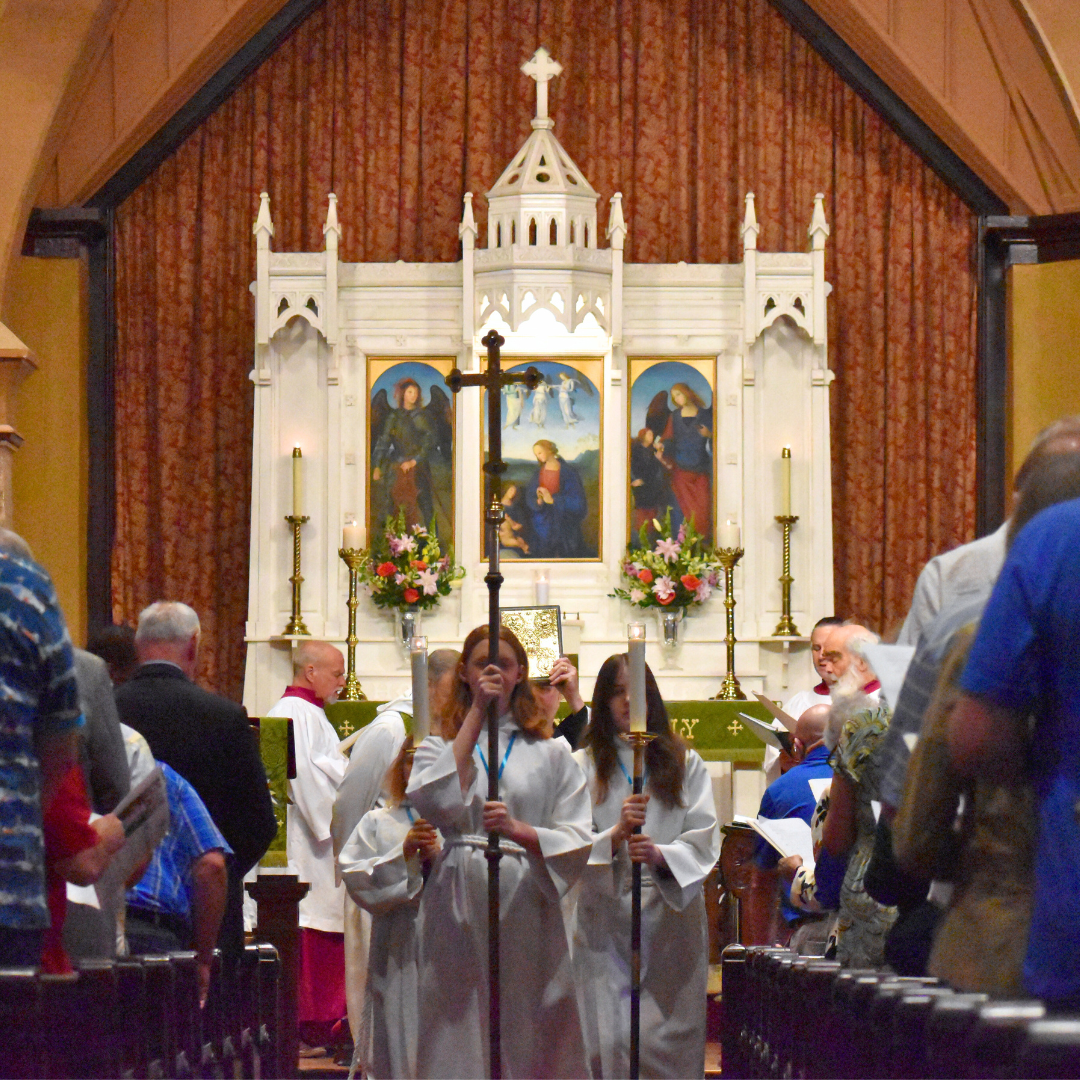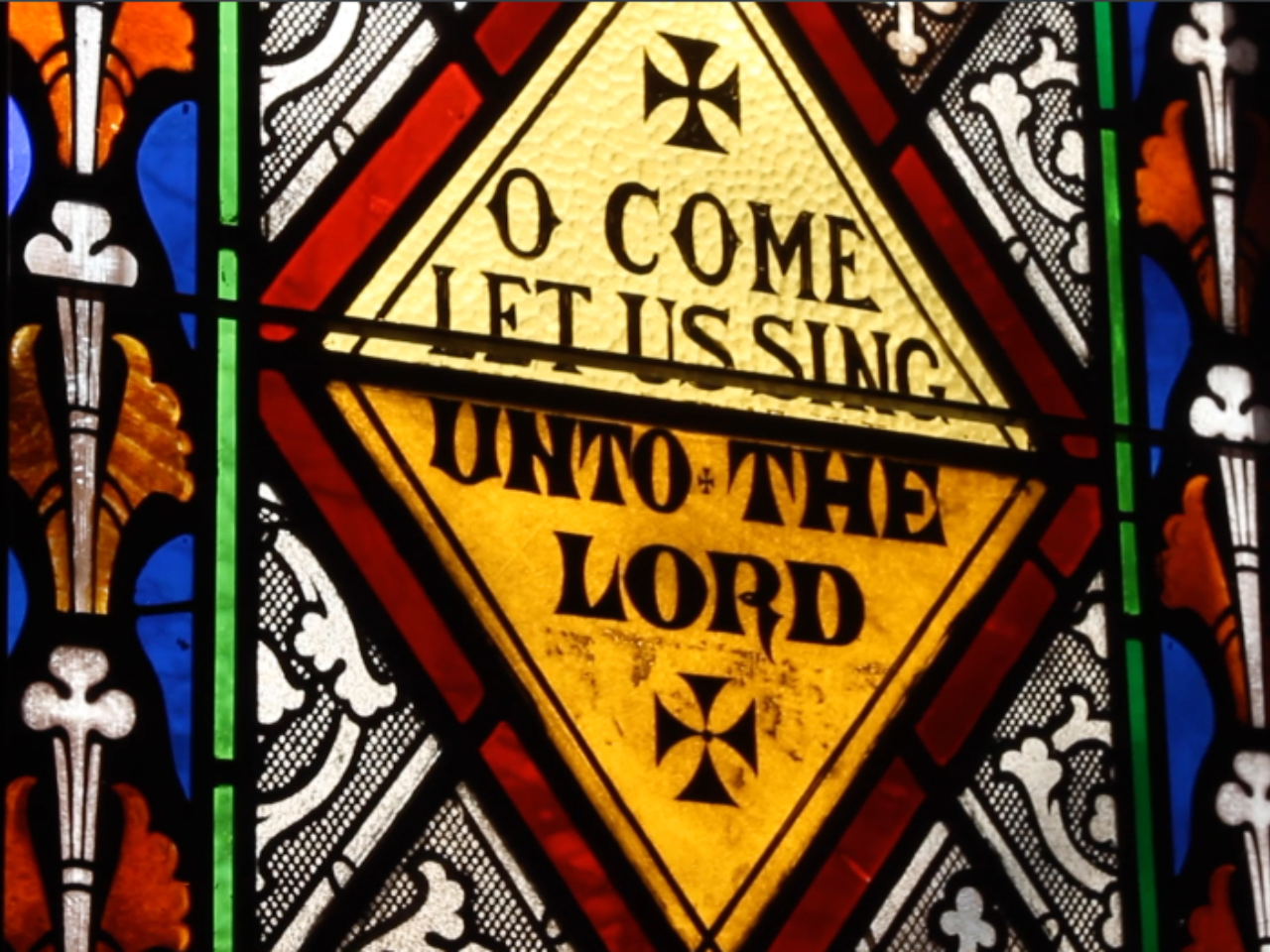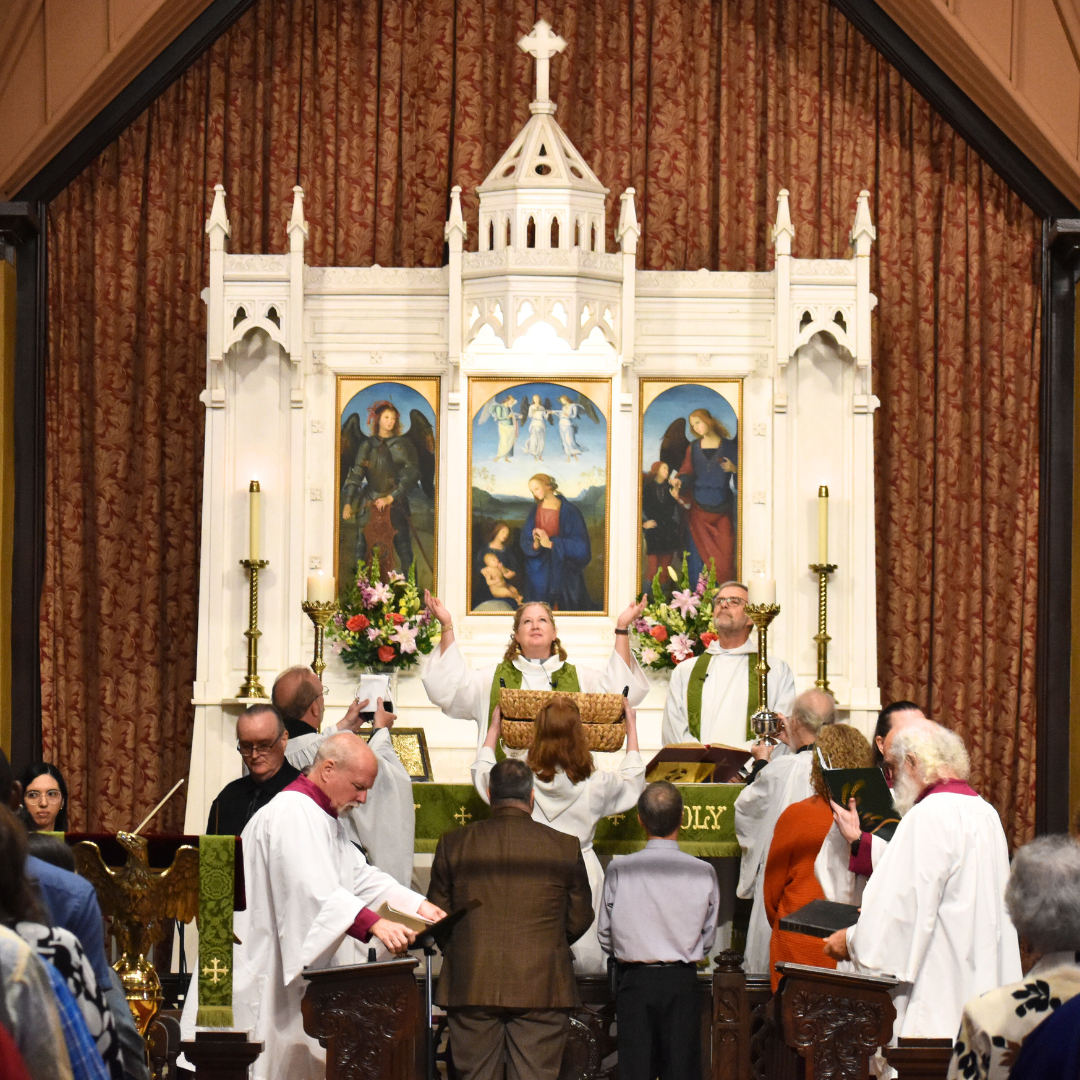
This Sunday two of our lessons, though ostensibly not related, nevertheless deal in some way with Holy Scripture and the divine word that lies behind it.
St Paul, continuing his advice to Timothy, reminds the latter ‘how from childhood you have known the sacred writings that are able to instruct you for salvation through faith in Christ Jesus’: a challenge for those who rear and teach young people, and for us all throughout our lives. These scriptures, the Apostle adds, are inspired by God, and useful for teaching, correction, and training in righteousness, so that all people of God may be ‘proficient’, ‘equipped for every good work’. Percy Dearmer’s hymn to Holy Scripture, ‘Book of books, our people’s strength’ [631], outlines some other things which the Scriptures are and do – they are strength and treasure; they bring freedom, spread truth, and shed light – and some of those to whom they are valuable and by whom they were written – statesmen, teachers, heroes; poets, prophets, scholars, saints, respectively. For Dearmer, as for Paul, these writings, or their authors, were inspired by God; unlike Paul, Dearmer emphasizes thought, wisdom, knowledge, learning, rather than the kind of formation which the Epistle envisions.
‘Book of books’ is set to a classic seventeenth-century German tune, ‘Liebster Jesu, wir sind hier’. Originally a solo song by Johann Rudolf Ahle setting an Advent text, this tune has been modified considerably over time and now usually sets the aforementioned German text (translated in our Hymnal as ‘Blessèd Jesus, at thy word’ [440], which we sang last week). This tune also forms the basis of the organ prelude, a set of versets by Johann Gottfried Walther, a cousin and colleague of J.S. Bach and an important collector and encyclopedist of music.
The prophet Jeremiah, offering a word of hope to the scattered and exiled people of the covenant, looks forward to a time when God will make a new covenant, no longer written on tablets or scrolls, but on the human heart. In such a time, he says, there will be no need for scriptures or teachers, for everyone – ‘from the least of them to the greatest’ (not only Dearmer’s statesmen and heroes!) – will know the LORD firsthand. The author of Psalm 119, a paean to the divine law or instruection, also has no need for human teachers; by diligent study, meditation, and observation – by instruction directly from God, we read – the psalmist attains wisdom, understanding, and righteousness superior to those of the teachers and elders, who of course even at their best cannot take the place of true knowledge of God.
Our Offertory anthem sets verse 33 of this Psalm: ‘Teach me, O LORD, the way of thy statutes: and I shall keep it unto the end’. The composer, Thomas Attwood, was a favorite pupil of Mozart’s (sent to study with him by the future King George IV), a friend of Mendelssohn’s, and organist of St Paul’s Cathedral and composer to the Chapel Royal. This piece, taken from a much longer anthem, has enough charm to transcend a certain predictability that comes with less-than-first-rate Classic-style writing, and perhaps gives us a hint of the sweetness which the psalmist finds in the word of God.



Login To Leave Comment